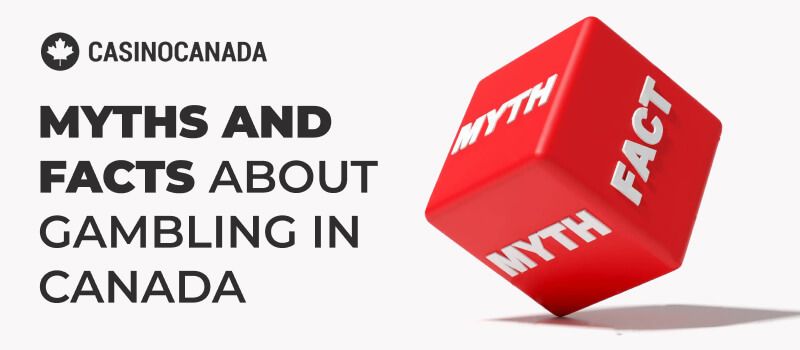We have compiled some significant insights regarding the gambling landscape in Canada to give you an overview of its current status. From its position as a leading entertainment sector to the number of Canadians who participate in gambling, these facts offer a snapshot of the gambling market today.
1. Gambling is the Largest Entertainment Sector in Canada
The gaming industry stands as the largest entertainment sector within Canada. The enterprise creates over 267,000 jobs, with more than 135,000 being full-time positions. When you look at the combined employment in segments like film, television, music, and professional sports, they hardly match the scale of gaming.
2. Most Canadian Gamblers Are Male
Research indicates that 69% of males have engaged in gambling activities compared to 60% of females. Thus, it can be concluded that a significant portion of gamblers in Canada are men, with a particular interest in sports betting. However, women also participate actively, mainly enjoying lottery games and bingo.
3. 1.6% of Canadian Gamblers Are Facing Potential Gambling Problems
Recent statistics reveal that over 300,000 Canadians might be dealing with gambling-related issues, with 1.6% among them facing moderate to severe risks. Furthermore, it has been highlighted that individuals from lower-income families are often at a higher risk of developing problematic gambling habits.
4. The Rise of Online Gambling
Although land-based casinos While traditional forms of gambling remain popular, recent statistics illustrate that online gambling is now generating more revenue than brick-and-mortar casinos. Data from 2023 indicates that online casinos the online gambling sector generated C$12.5 billion, and this figure is projected to continue to rise as more players prefer the ease of online gambling platforms.
5. 66.2% of Canadians Have Reported Gambling
Surveys illustrate the high level of engagement with gambling in Canada. The Canadian Community Health Survey conducted in 2018 found that about 66.2% of Canadians aged 18 and over had tried some form of gambling at least once. This includes lotteries , casino games , sports betting, and online gambling.












